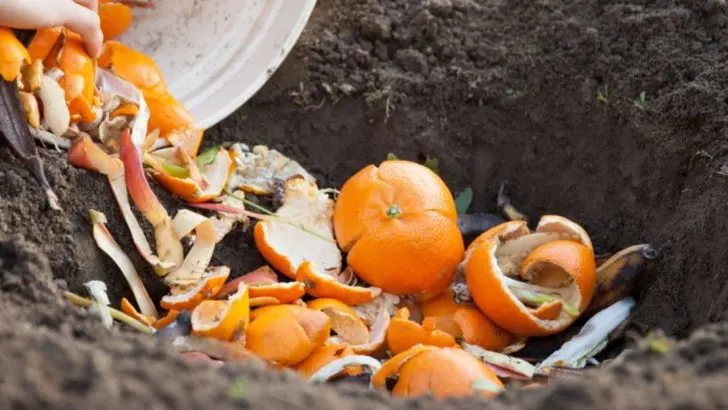Not all compost has to be a smelly, slow-moving mess. In fact, with the right ingredients and methods, you can create rich, fast-acting compost that not only feeds your garden quickly—but also smells surprisingly pleasant.
By choosing the right blend of materials and managing moisture and airflow properly, you can produce compost that’s balanced, earthy, and even fragrant. From leaf mold and herb-based mixes to composted coffee grounds and bokashi, there are multiple ways to speed up the breakdown process while keeping odors in check.
In this article, we’ll walk you through 8 types of compost that are efficient, nutrient-packed, and easy on the nose—perfect for gardeners who want results without the stink.
Herbal Compost
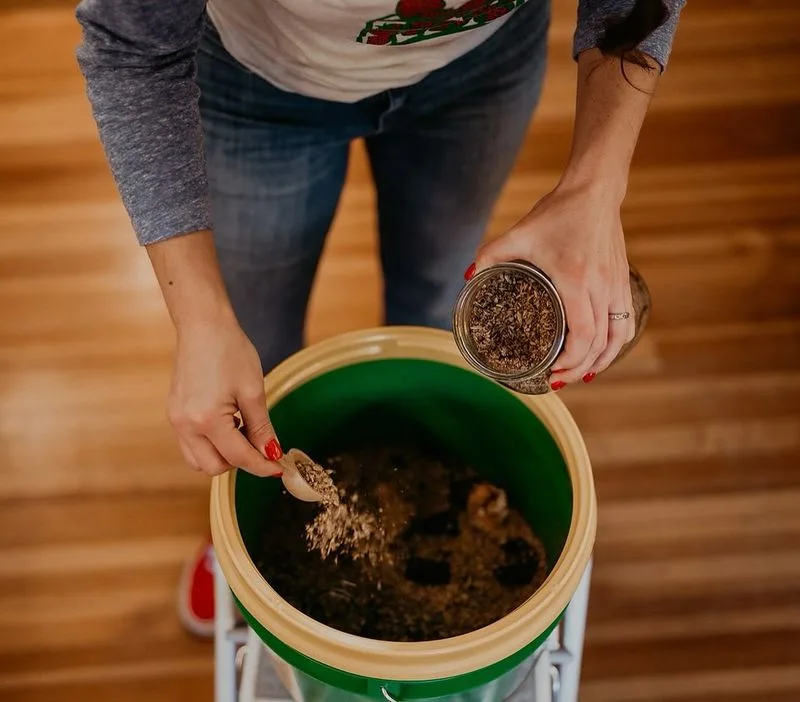
Ever thought of a compost pile that smells like a fresh herb garden? Herbal compost incorporates aromatic plants like basil, mint, and rosemary, infusing your compost heap with delightful fragrances. This type of compost is not just pleasing to the nose but also packs a punch in nutrients.
The oils and compounds from these herbs can help repel pests while enhancing soil fertility. A perfect choice for those who love gardening without the stench. Herbal compost is a fragrant and effective way to enrich your soil while keeping your compost bin smelling delightful.
Coffee Ground Compost
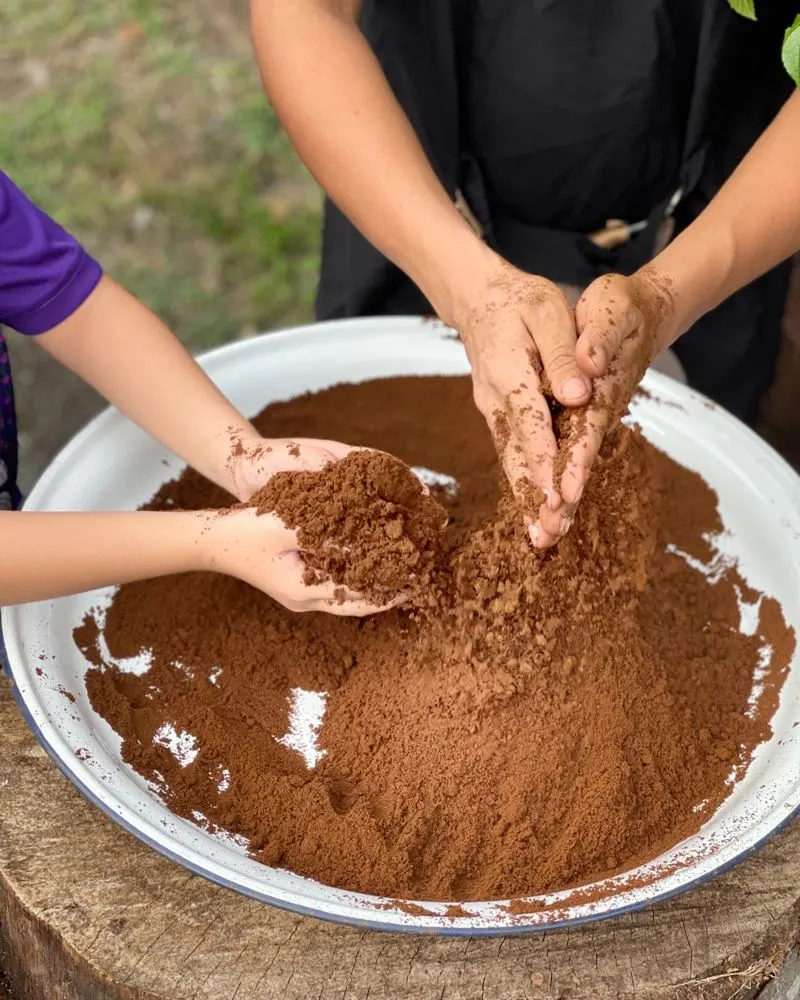
For coffee lovers, this one’s a treat. Coffee ground compost smells like your favorite morning brew while enriching your soil with nitrogen. Used coffee grounds are a fantastic addition to compost, offering a rich source of organic material.
Their natural acidity makes them suitable for acid-loving plants. Additionally, coffee grounds can aid in worm attraction, supporting a healthy compost ecosystem. An aromatic and sustainable way to give your garden a caffeine boost without the jittery side effects.
Citrus Peel Compost
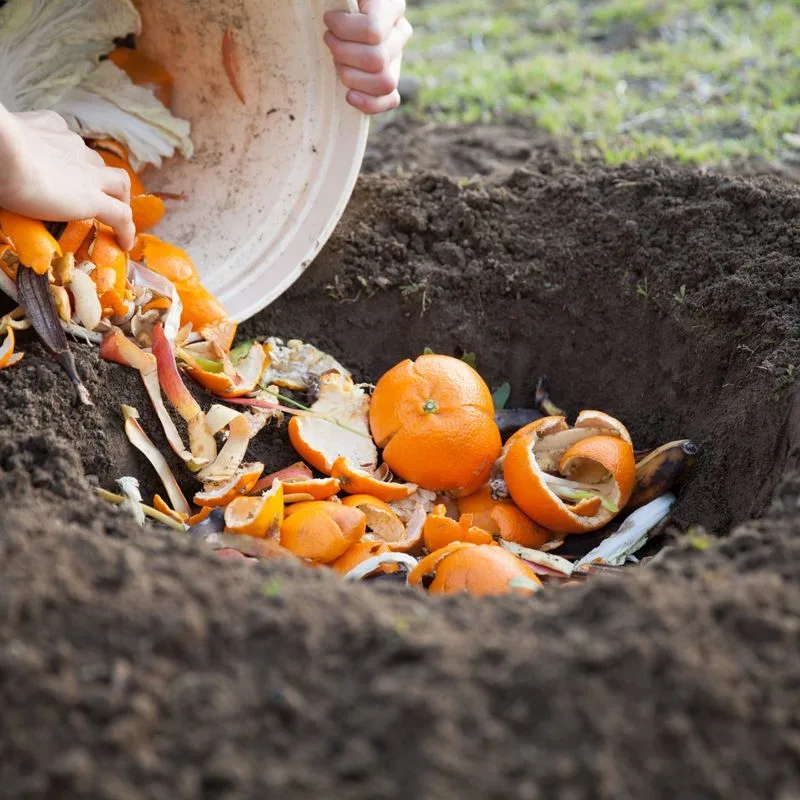
Imagine a compost bin that smells like a citrus grove. Citrus peel compost captures that essence by using the peels of oranges, lemons, and limes. The natural oils in citrus peels not only offer a fresh scent but also deter pests.
Rich in nitrogen, these peels decompose quickly, speeding up the composting process. However, moderation is key, as too much can hinder composting. A zesty way to invigorate your compost pile while keeping it smelling fresh and inviting.
Fruit Scrap Compost
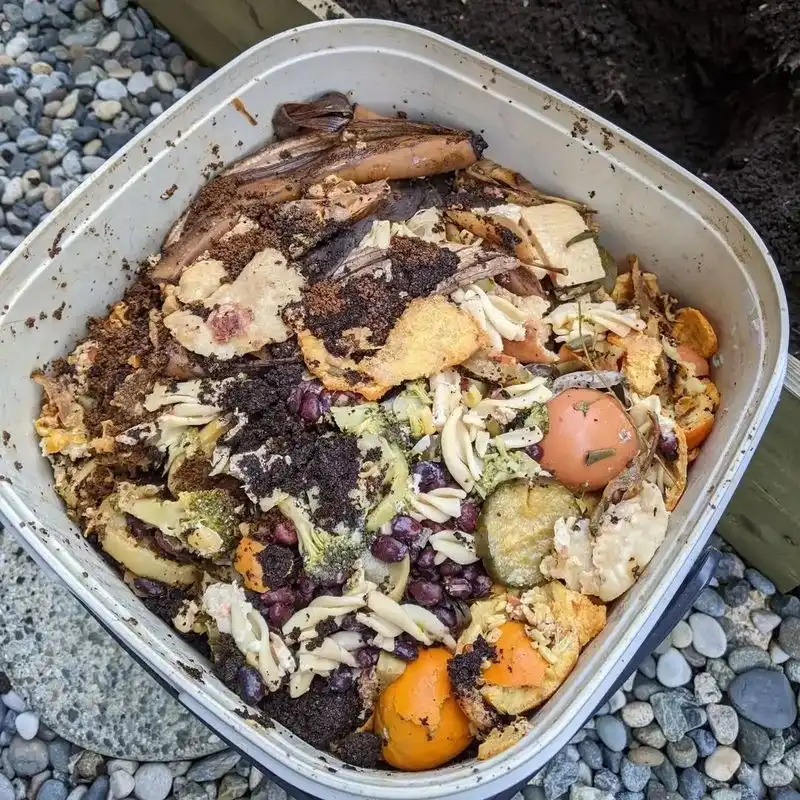
Fruit scrap compost is like a medley of nature’s candy, bringing a sweet aroma to your compost bin. Utilizing apple cores, banana peels, and berry stems, this compost type is rich in sugar, which accelerates decomposition.
The fruity smell attracts beneficial microorganisms and insects that aid in breaking down the material. It’s an excellent choice for those who want to keep their compost bin fresh-smelling and nutrient-rich. Perfect for turning kitchen waste into garden gold.
Leaf Mold Compost
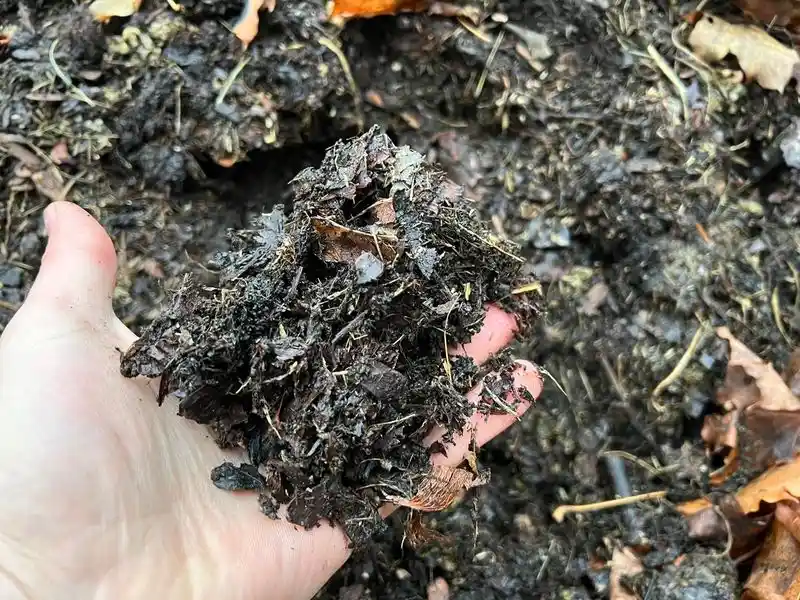
Step into the woods with leaf mold compost, where the earthy scent of decaying leaves fills the air. Made from fallen leaves, this compost resembles a natural forest floor, creating a rich humus ideal for soil conditioning.
Leaf mold is slow to decompose but provides excellent moisture retention and soil aeration. Its subtle and natural fragrance makes it perfect for gardeners looking for a gentle approach to composting. Embrace the essence of autumn all year round with this earthy compost.
Flower Compost

Imagine a compost pile that’s as colorful as it is fragrant. Flower compost uses petals and stems from blooms such as roses, daisies, and lavender. These elements add a touch of elegance and a delightful scent to your compost.
The compost enriches the soil with potassium and other nutrients essential for plant growth. While decaying, flowers release their natural perfumes, transforming your composting routine into a sensory delight. A floral feast for your garden, and your senses.
Manure Compost
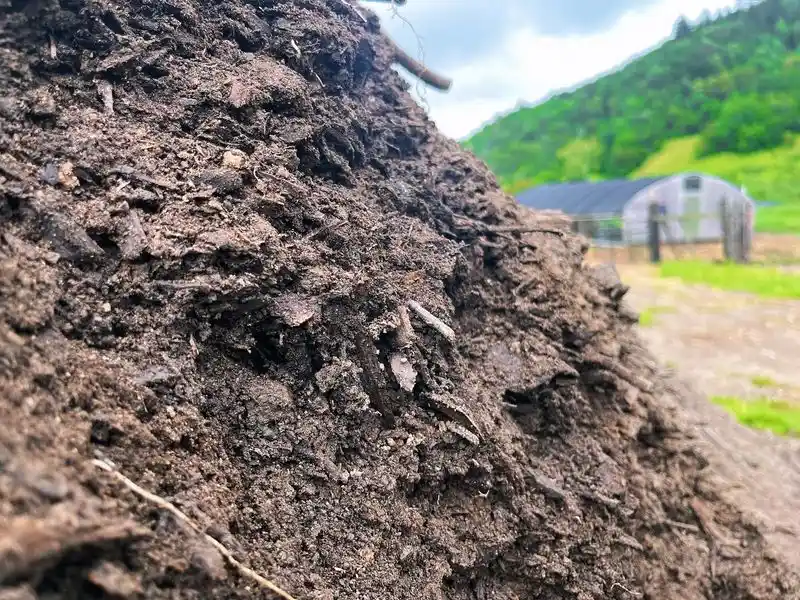
Manure compost might not seem appealing at first, but when prepared correctly, it offers a surprisingly mild and earthy aroma. Using cow or horse manure, this compost is high in nitrogen and helps improve soil structure.
Aged manure, mixed with straw or hay, reduces odor and enhances the composting process. It’s a practical choice for those seeking robust plant growth. Manure compost offers a natural and efficient way to enrich your garden without overwhelming the senses.
Wood Chip Compost

Wood chip compost brings the essence of a forest directly to your garden. When used correctly, wood chips decompose slowly, providing a steady source of nutrients and keeping the compost pile aerated.
Their fibrous nature aids in moisture retention, making them a great addition to sandy soils. The mild, woody scent is reminiscent of a walk in the woods. A practical and pleasant-smelling option for gardeners looking to improve soil health naturally.

